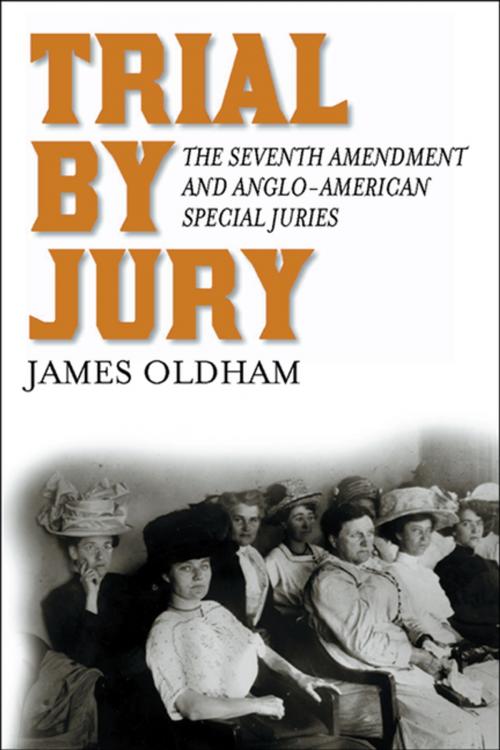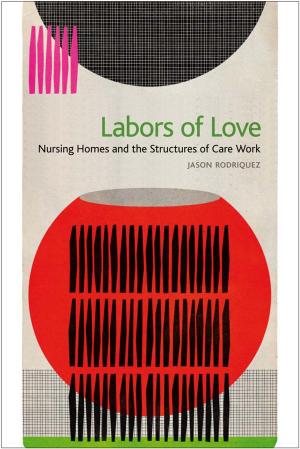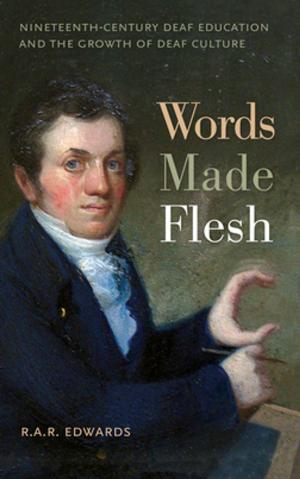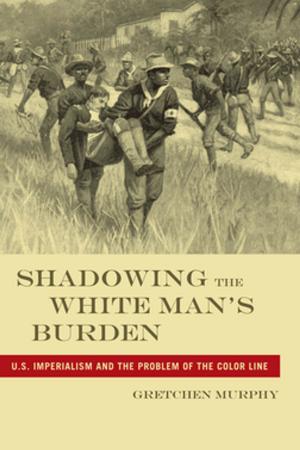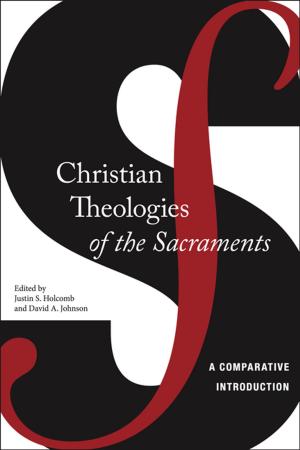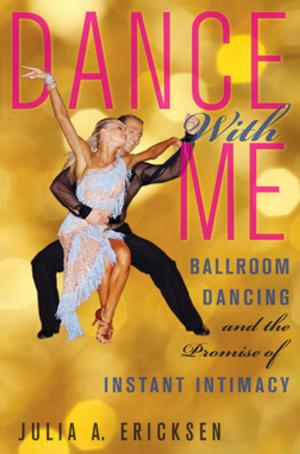Trial by Jury
The Seventh Amendment and Anglo-American Special Juries
Nonfiction, Reference & Language, Law, Jury, Constitutional| Author: | James Oldham | ISBN: | 9780814762417 |
| Publisher: | NYU Press | Publication: | June 1, 2006 |
| Imprint: | NYU Press | Language: | English |
| Author: | James Oldham |
| ISBN: | 9780814762417 |
| Publisher: | NYU Press |
| Publication: | June 1, 2006 |
| Imprint: | NYU Press |
| Language: | English |
While the right to be judged by one's peers in a court of law appears to be a hallmark of American law, protected in civil cases by the Seventh Amendment to the Constitution, the civil jury is actually an import from England. Legal historian James Oldham assembles a mix of his signature essays and new work on the history of jury trial, tracing how trial by jury was transplanted to America and preserved in the Constitution.
Trial by Jury begins with a rigorous examination of English civil jury practices in the late eighteenth century, including how judges determined one's right to trial by jury and who composed the jury. Oldham then considers the extensive historical use of a variety of “special juries,” such as juries of merchants for commercial cases and juries of women for claims of pregnancy. Special juries were used for centuries in both English and American law, although they are now considered antithetical to the idea that American juries should be drawn from jury pools that reflect reasonable cross-sections of their communities. An introductory overview addresses the relevance of Anglo-American legal tradition and history in understanding America's modern jury system.
While the right to be judged by one's peers in a court of law appears to be a hallmark of American law, protected in civil cases by the Seventh Amendment to the Constitution, the civil jury is actually an import from England. Legal historian James Oldham assembles a mix of his signature essays and new work on the history of jury trial, tracing how trial by jury was transplanted to America and preserved in the Constitution.
Trial by Jury begins with a rigorous examination of English civil jury practices in the late eighteenth century, including how judges determined one's right to trial by jury and who composed the jury. Oldham then considers the extensive historical use of a variety of “special juries,” such as juries of merchants for commercial cases and juries of women for claims of pregnancy. Special juries were used for centuries in both English and American law, although they are now considered antithetical to the idea that American juries should be drawn from jury pools that reflect reasonable cross-sections of their communities. An introductory overview addresses the relevance of Anglo-American legal tradition and history in understanding America's modern jury system.
